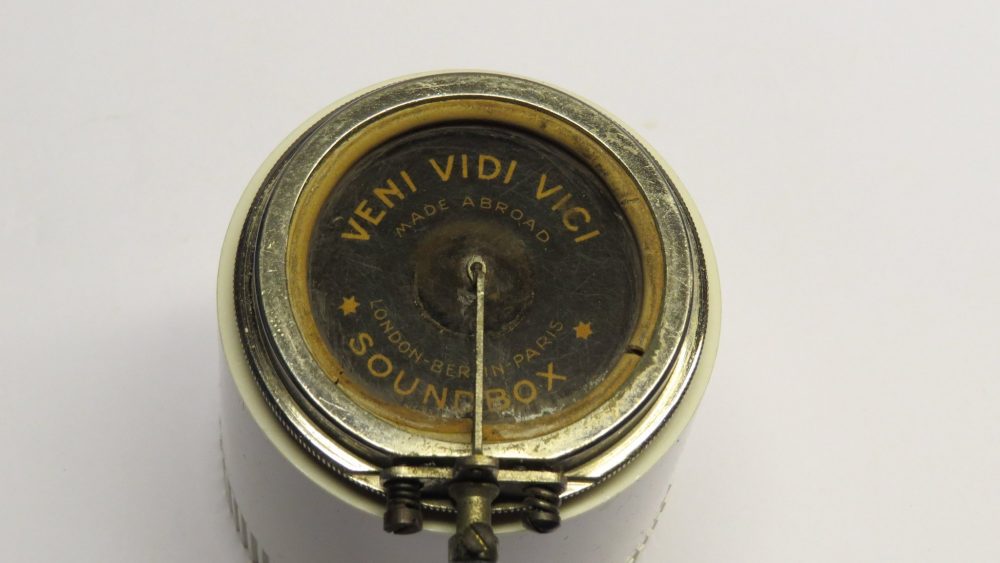Last week, on the 24–25 of November, the EMHIS network gathered for yet another meeting, the EMHIS Forum X. Once again, the forum was held on Zoom, but as we cautiously enter what we hope is a post-pandemic era, our plans are of course to return to arranging our upcoming meetings in real life. Nevertheless, the atmosphere was as warm as ever when old and new friends and colleagues came together!
The theme of the first day of EMHIS X, this time arranged by Kristin Skoog (Bournemouth) and Jamie Medhurst (Aberystwyth), was “Entangled histories of public service broadcasting”. Sparked by the recent BBC centenary and other jubilees (Channel 4 and S4C Channel Four Wales) that have placed the issue of public service broadcasting at the centre of public as well as academic discussion, our question for this forum was: What entangled media histories perspectives can be added to broaden the discussion of public service broadcasting? What transnational and transmedial links can be uncovered?
After a couple of initial opening remarks by Kristin and Jamie, two panels with research presentations. The first panel centered on reinventions/redefinitions of television in the 1970s. Allan Burnett (Lund) recapitulated the main structure of his doctoral thesis on the much celebrated television documentary series The World at War, made by ITV in the early 1970s, and to what extent it challenged its British and international audiences. Jamie Medhurst (Aberystwyth) then held a presentation focused on the so-called Annan Committee and its vision of the future of broadcasting in the mid-1970s. Rounding up the first panel, Mari Pajala (Turku) told us about the debates about the Nordvision television co-operation in the five Nordic countries around 1970.
The second panel “Connecting histories” consisted of two presentations. Kristin Skoog (Bournemouth) presented her work on the women’s movement and public service programming, and Hugh Chignell (Bournemouth), provoked some thoughts about how views on literary modernism could benefit from an entangled media history perspective.
Concluding our first day, we were delighted to listen to a talk by our special EMHIS guest professor David Hendy. Departing from his recent work on the history of the BBC and in particular the book BBC – a People’s History (Profile Books, 2002), David laid out some fascinating perspectives on the international and transnational connections and links that shaped the experiences of the BBC pioneers in the 1920s.
Following the basic structure of our previous EMHIS IX, arranged by the Lund team, the second day was open to network members only and focused on ongoing research and news, including updates, presentations of work-in-progress, and introduction of new members. Marie Cronqvist (Lund) started off by recapitulating the soon 10-year history of EMHIS network and informed everyone about the steering committee’s plans for the future including upcoming applications and activities. After this, we had two panels of interesting presentations by new members of the network. As a start, Yulia Yurtaeva-Martens (Hamburg/Potsdam) and Clare Church (Aberystwyth) briefly reintroduced themselves, followed by Maximilian Brockhaus (Vienna), who presented the framework of his thesis on school television in Austria, and Oscar Winberg (Turku), who talked about his research on television, gender and politics in the 1994 presidential election in Finland. In the second panel, Sian Nicholas (Aberystwyth) presented some intermedia aspects on the Second World War in Britain, and Emil Eiby Seidenfaden (Copenhagen) presented his research on Scandinavian Foreign Affairs journalists in the late 1940s.
The afternoon of the second day was dedicated to updates from other EMHIS members. Ina Ėmužienė (Vilnius) talked about interwar Lithuanian-American radio broadcasting and how this will feed into her brand new project on Soviet Lithuania and the postwar period. In his intervention, Hans-Ulrich Wagner (Hamburg) continued the already existing discussion within EMHIS about the digitization of radio and television programme magazines, departing from the ongoing digitization of the Hamburg-based German magazine Hör Zu! in a collaboration with the Hamburg State Library. After a short break, the Hamburg team consisting of Hans-Ulrich with colleagues Yulia Yurtaeva-Martens and Immo Erik Hagemann presented their joint project on the history of the Deutsche Presse-Agentur (DPA), and the Lund team consisting of Marie Cronqvist, Christine Davidsson Sandal and Eskil Vesterlund presented, first, their outreach work with the Vattenhallen Science Center on establishing a Media History Lab, and second, their work on the joint edited volume with the title Expanding Media Histories: Cultural and Material Perspectives (eds. Bechmann Pedersen, Cronqvist, & Holgersson) which will come out 2023 with Nordic Academic Press.
Rounding up the two-day event with a general discussion, we all agreed on the value of continuing our network, the necessity of new perspectives and fresh input by new members, and our ambition to once again meet irl at some nice location, hopefully for a 10 anniversary of the EMHIS network in 2023!
Report written by Marie Cronqvist

